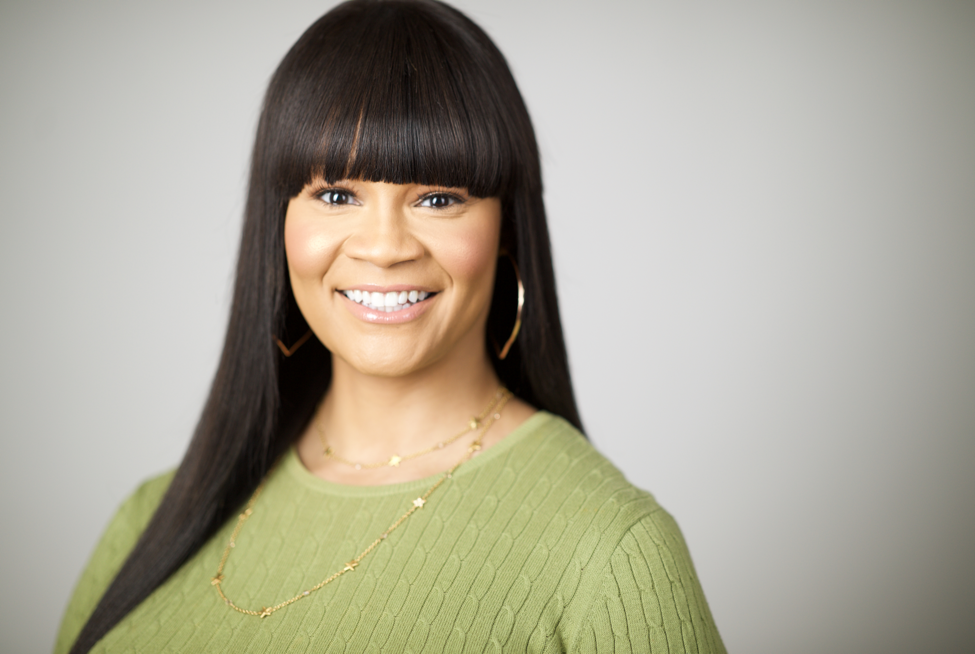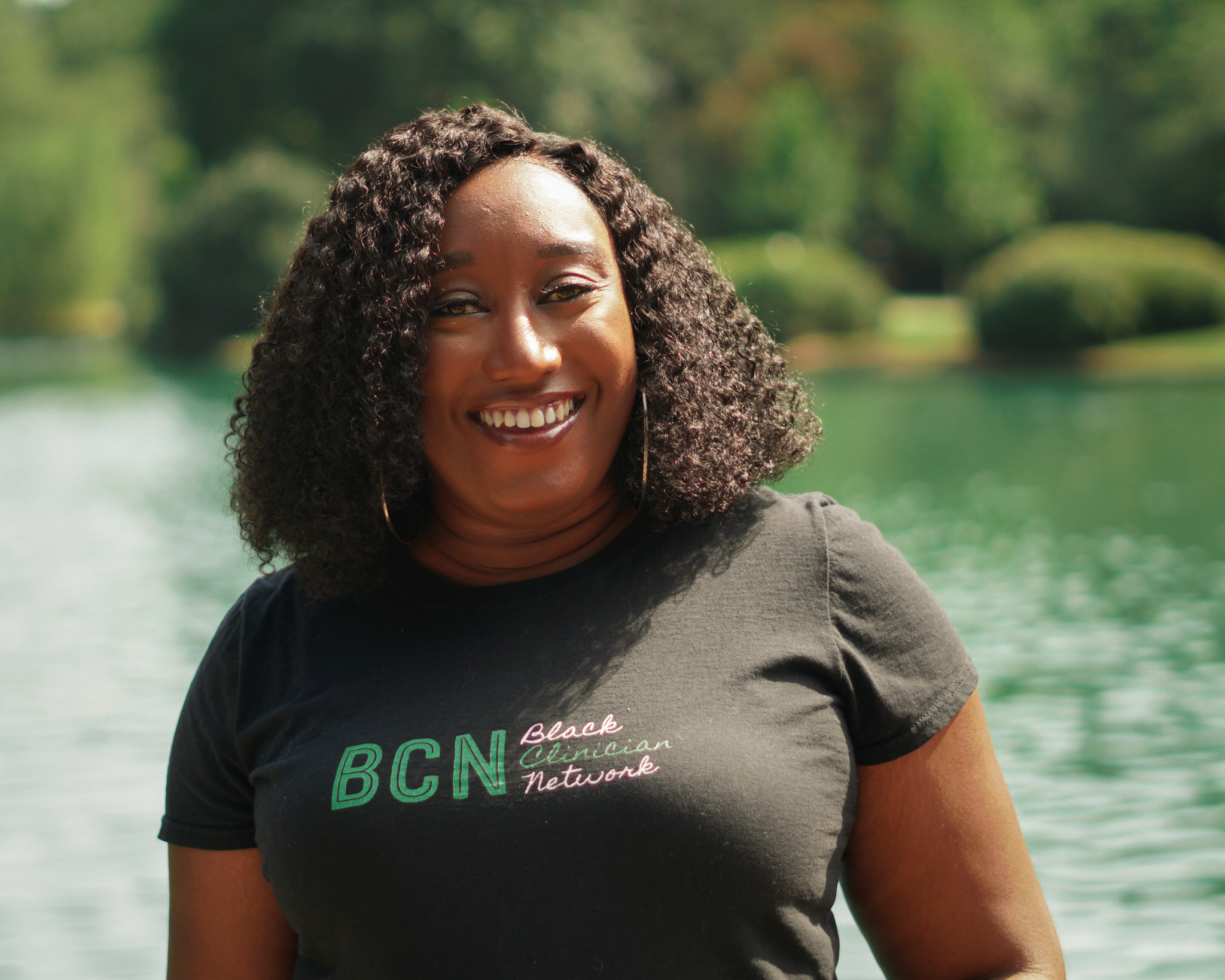How To Recover From Setbacks
Share the post
Share this link via
Or copy link

Source: brusinski / Getty
As humans, we can be very results-oriented. We have these goals in mind like get married, start a business, have children, have a bustling social life, and we take on many of our days with these goals in mind. We can also be a little tough on ourselves with how we evaluate that progress.
For many, they see things in a simple, but not very helpful way: I either have the thing or I do not. It’s I either am a CEO yet or I’m not. I either am married or I’m not — and if I’m not “I’m a failure.” While goals are good things to have, and can even provide a guiding light for life, it’s a shame to grade our progress on a simple pass or fail system. Remember those in college? Nobody liked those because they didn’t feel fair. If you failed, it would feel that all of the progress you made from knowing nothing on a topic to actually knowing quite a bit was completely discounted.
Life shouldn’t exist on a pass/fail system, either. In fact, there is no guarantee those results (become a CEO, get married, etc.) will ever happen. The only guarantee in life is how you respond to things, and one way you can respond is by learning from your setbacks. That is the one thing that you can control, and the one type of progress you can ensure you make. If you see that you’re doing that, you’re doing okay out there. We spoke with Karena Curry, founder of Black Clinician Network, and Margaret Seide MD, about how to better respond to setbacks, disappointments, and the like.

Source: Unknown / Unknown
Be careful how you label things
Love MadameNoire? Get more! Join the MadameNoire Newsletter
We care about your data. See our privacy policy.
“The way we label things has a certain power,” Explains Dr. Seide. “If we label a life event as a failure or a mistake, we are much more likely to feel awful about it. One could argue, there is no such thing as failure. If you don’t get the job, it might be because that job wasn’t right for you and the next interview will lead to a great career opportunity.”

Source: Kriangkrai Thitimakorn / Getty
Perhaps it is better to have loved and lost…
“You know you are growing and learning in life when you understand that things don’t have to last a lifetime in order to be a success,” says Dr. Seide. “A relationship can last a few years, result in healthy children or good memories, and then come to an end. When you are able to find value in the time that something was part of your life and accept the conclusion of it, that is a huge sign of growth.”

Source: Dmitry Marchenko / EyeEm / Getty
Sometimes, it’s not you – it’s them
“Children tend to believe they are the center of the universe and that is developmentally appropriate for them. As adults, we slowly begin to understand that things happen to us that have nothing to do with us and have no bearing on who we are as an individual,” says Dr. Seide.

Source: Delmaine Donson / Getty
Consider the journey of others
Dr. Seide states that “Learning to not take everything personally is a huge shift in perspective that improves the quality of your life significantly. Things can happen because of the economy because someone was in a bad mood or because of a pandemic. It affects you, but you are not the root cause.”

Source: wundervisuals / Getty
Are you logging your lessons?
“We hear the term ‘learn from your mistakes’ ad nauseam without really thinking about what that means. To learn means to acquire knowledge,” notes Dr. Seide. “When you have knowledge of how hot the stove is, you can make an informed decision about touching it.”

Source: Goodboy Picture Company / Getty
Been there, done that – won’t do it again
“When you are unhappy with an outcome, you have an opportunity to get insight into what doesn’t work, and you can eliminate that approach the next time you are in a similar situation,” says Dr. Seide. “You are definitely expanding as a person when you can hold on to that wisdom the next time things don’t go the way you planned.”

Source: curry has full rights to these images / na
You’re no longer the victim
Karena Curry echoes some of Dr. Seide’s thoughts on realizing things aren’t personal. She says that one way you know you’re learning from your mistakes is, “Things that you used to only see from a selfish stance have more layers now. You are able to visualize things from the opposite perspective, and you may find yourself not feeling victimized as often as you previously did.”

Source: CoffeeAndMilk / Getty
Your response is less impulsive
Curry also says that responding in a more measured way is a sign you’re growing. “You aren’t overreacting or lashing out anymore. You aren’t responding with negativity when things don’t go your way. You instead are more self-aware and have learned to deal with unfavorable circumstances in a more appropriate manner.”

Source: Westend61 / Getty
No regrets
If you no longer lament the past (or at least, not as much as you once did), Curry says this is also a sign of growth. “Learning from your mistakes indicates that, however unfortunate, the situation was an opportunity for you to become a better person. Every mistake that you have made has made you into the person that you are today. Regretting them is to regret a part of your current self and an integral part of your growth.”

Source: vitapix / Getty
It’s a never-ending process
“Becoming a better person with each passing day should be a goal for everyone. We can all afford to be better in some way,” says Curry. “Be grateful and happy to have learned difficult lessons. You’ve survived. Now thrive!” Curry also notes that you may see an improvement in relationships if you’ve been learning your lessons. She says that, if you have stopped responding to disappointment negatively or impulsively, “Your friends, colleagues, and family have probably noticed this too, and if they have, great job!”







